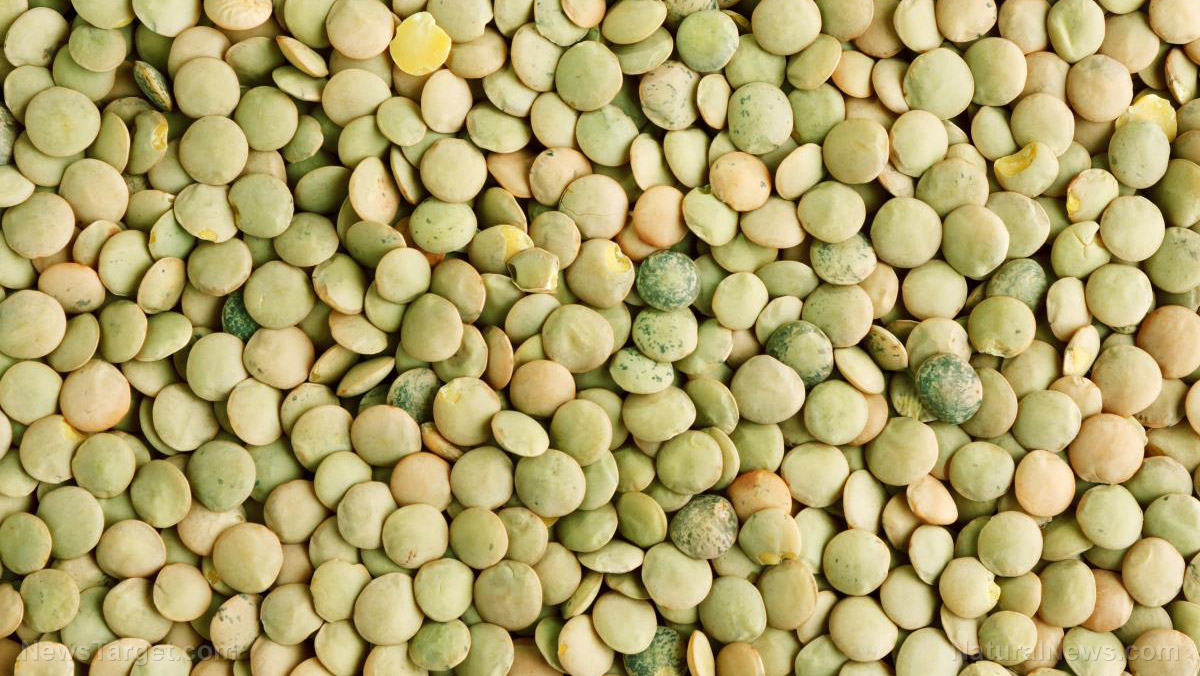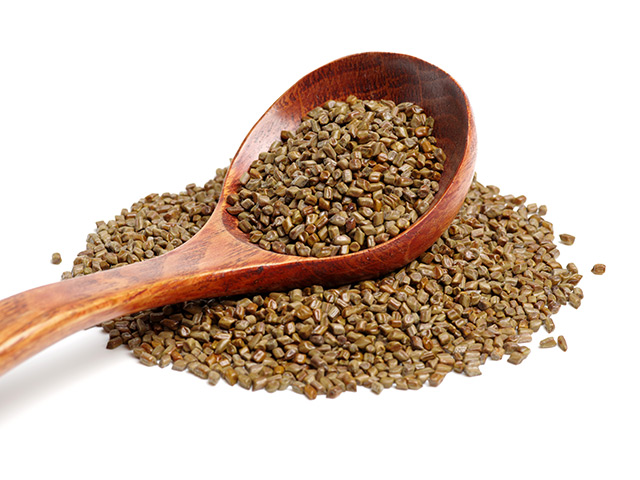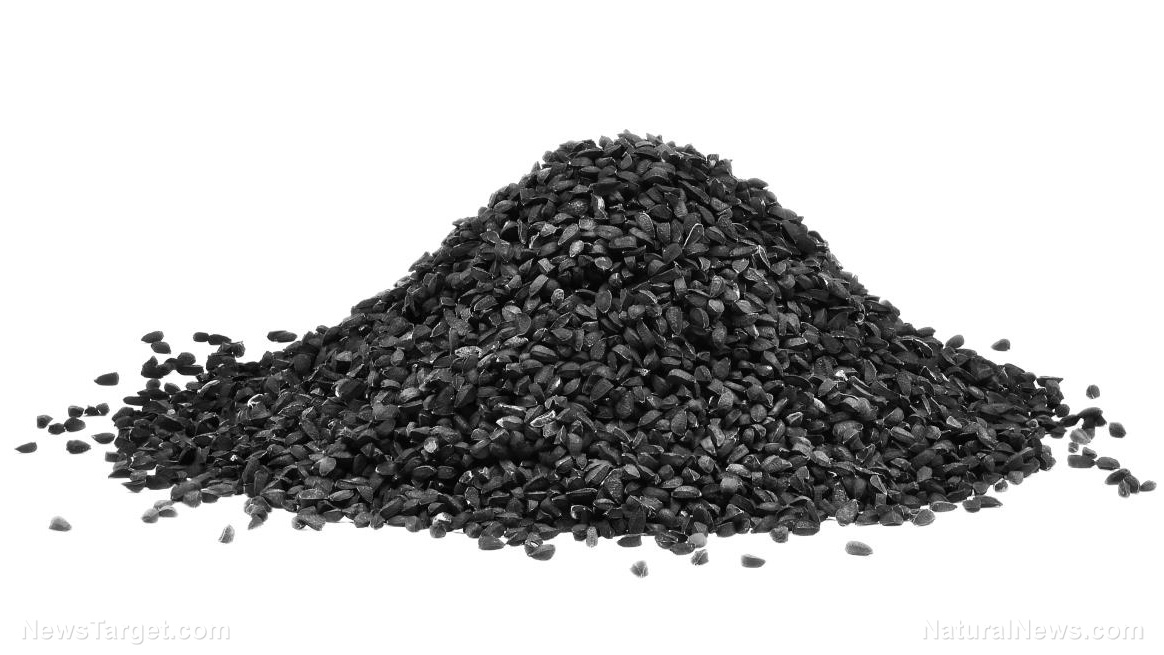Keep your body guessing: Sporadic fasting can be beneficial for metabolism, weight loss
12/26/2017 / By Janine Acero

A study published in the journal Cell Research suggests that obesity and other metabolic disorders may be reduced and prevented by means of intermittent fasting. An article by HealthLine.com describes intermittent fasting as “a term for an eating pattern that cycles between periods of fasting and eating. It does not say anything about which foods you should eat, but rather when you should eat them.”
Unhealthy eating habits and sedentary lifestyles have been known to cause the development of metabolic diseases like diabetes, heart disease and obesity. Dietary interventions like intermittent fasting have been gaining ground in treating such conditions. (Related: Intermittent fasting may hold the key to longevity.)
To better understand how certain diets like intermittent fasting trigger reactions on a molecular level in the body, the research team – led by Hoon-Ki Sung of The Hospital for Sick Children in Ontario, Canada – studied mice divided into two groups: a fasting group, which were fed normally for two days, followed by one day of fasting; and a controlled group, which were fed the same volume of food every day. The calorie intake was not adjusted for both groups. The study lasted for 16 weeks.
After the experiment, the mice in the fasting group showed significant weight loss compared to those in the control group. The fat buildup decreased and the glucose and insulin systems remained stable. Similar results have been observed in just six weeks of study period.
The results revealed that intermittent fasting triggers anti-inflammatory macrophages, a type of white blood cell that stimulates the fat cells to burn stored fats or lipids by generating heat. During periods of intermittent fasting, there is an increase in vascular growth factor (VEGF) that activates these macrophages.
“Intermittent fasting without a reduction in calorie intake can be a preventative and therapeutic approach against obesity and metabolic disorders,” said study co-author Kyoung-Han Kim.
The study is further detailed at Springer.com.
Different methods for intermittent fasting
This type of diet may not be for everyone, and those who do try it out may prefer different ways of going about it, depending on their lifestyle and body reactions. Here are five intermittent fasting methods and how they work. Choose the one most suited to your lifestyle:
- “Leangains” – This method is the most adaptable to any person’s lifestyle. Fast for 14 to 16 hours each day, eating only on the remaining eight to 10 hours. During the fasting period, you consume no calories; however, black coffee, calorie-free sweeteners and milk in your coffee are permitted.
- “Eat Stop Eat” – Fast for 24 hours once or twice per week. During this period, no food is consumed, but you can drink calorie-free beverages. After the fast is over, you can go back to eating normally. The good news is there are no forbidden foods in this diet and no counting calories, but it is important to eat in moderation.
- “The Warrior Diet” – The fasting phase of this diet is really more about “undereating.” Fast for about 20 hours every day and eat one large meal every night. During the fasting period, you may still eat a few servings of fruits or vegetables, fresh juice, and a few servings of protein. Note that this method is meant for those who can follow a strict regimen.
- “Fat Loss Forever” – This method combines all three previous diets and allows one cheat day per week, which is then followed by a 36-hour fast. After that, the remainder of the seven-day cycle is split up between the different fasting methods.
- “Alternate-Day Diet” – This method is perfect for those who have a specific goal weight. Eat very little one day, reducing your calorie intake to one-fifth of the normal amount, and eat like normal the next. This diet plan is further detailed at DailyBurn.com.
It’s important to note that these methods work best with regular exercise to succeed in your weight loss goals.
Sources include:
Tagged Under: diet, fasting, fitness, intermittent fasting, metabolism, weight loss




















